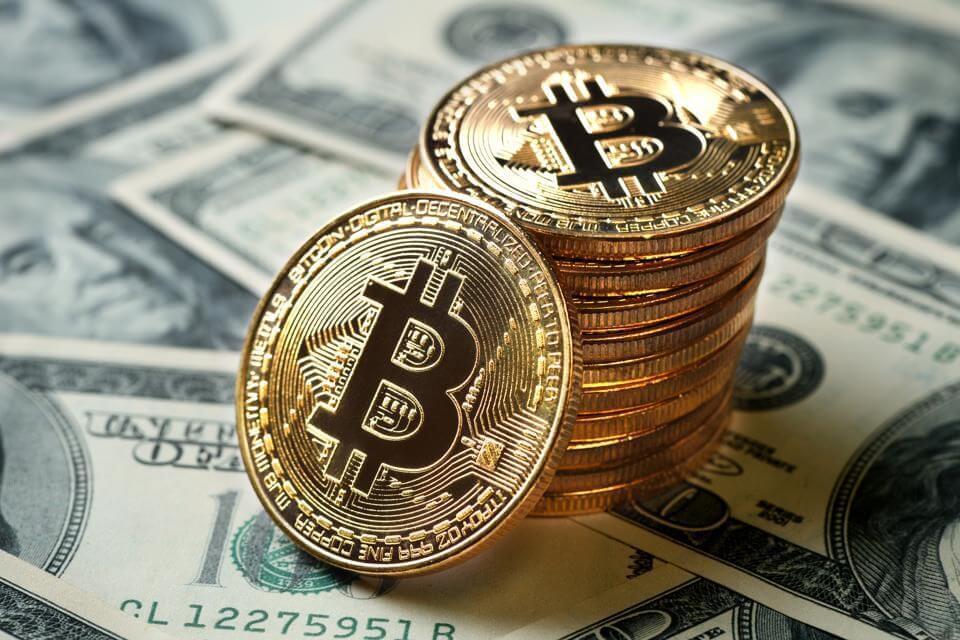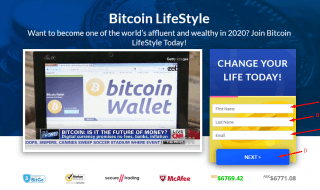There are several different ways to look at how Bitcoin works, however, it is generally agreed upon that it works through a process of encryption known as “peer-to-peer” or P2P. This is how people communicate with one another over a network such as the Internet or an online chat program such as Yahoo! chat. The basic transaction method is that you send information from your computer to another user’s computer which in turn sends the information back to your computer. This is how the concept of “blockchain” is made possible.
What are Blocks
The “blocks” of transactions are all made by the software behind the system known as the bitcoin network. The software developers who created this system have spent many years studying how the Internet works and they have put this knowledge into the form of a new technological invention known as ” Bitcoin Equaliser“. The basic design of blockchain creates a special unique address on their computer called a bitcoin address. Anyone can then use this address to make secure and safe transactions with their bitcoin wallets.
Today, the blocks of transactions have been split up into what are called “blocks”, but they are still stored in the same way as the original “blockchain”. This way it is still possible for individuals to make money by selling specific pieces of data that are stored within the blocks. In the future, there will be larger and more complex blocks, but for now, it will still be possible to mine smaller pieces of data like regular transactions. There are no limitations on how much processing power you use or how many transactions can be made per day.
Bitcoin Mining

In the past, it was almost impossible for people to have their own personal computers with internet connections fast enough to get to the “blockchain” which is where all the transaction information for all the previous transactions is stored. This caused there to be an economic incentive for users to join the mining business because if they were able to increase the amount of computing power that they used then they would be able to keep ahead of the network and eventually mine more bitcoins than anybody else. The problem was that the more computing power needed for bitcoin mining, the more it was worth and there was always a bidding war to do this. Eventually, people started to use their computers for trading other than running the bitcoin network.
Privacy
Transactions on the blockchain are always done by users using their own private, offline, or online wallets. No one else knows that these are being performed since they are only being used by the specific addresses that they own. Transactions are recorded in the form of “blocks”, but nobody is able to access them or change them without the permission of the owners of the transactions. That’s why there is no central authority in charge of how the bitcoins are mined, although, there are some proposals out there that would try to make changes to the current system in order to make it more resistant to manipulation.
Charges and Fees
When a new transaction is entered into the blockchain, it is recorded along with the transaction fees that the owner incurs in completing the transaction. The transaction fees are called “miner fees” because they are put in place to support the function of the network by encouraging miners to keep coming back and running the same old network that is kept by everyone else. As time goes by, this will cause the network to become congested and to slow down. By having transaction fees, people will be encouraged to use alternate payment methods if they cannot get a good deal on their transactions from the start. This is how bitcoins work; they encourage the use of bitcoin for receiving payments in order to receive more money at low costs.
Final words
People have been speculating about bitcoin when it comes to holding large amounts of money. It has already started taking shape as one of the forms of money transfer out there, but it will not be long before it replaces cash completely. With a system like this, someone holds 100 bitcoins and transfers them to someone else who has a bitcoin account. It Will cost lesser than sending 100 dollars to a bank account. When you first hear about bitcoins, it may seem very foreign to you. However, after you experience all of the things that you can do with it, you will understand why everyone is jumping on the bandwagon. Transactions take place with much speed and with the reliability of the system itself.


